Vincent Rajkumar shared a post on X:
“Why are prescription drug prices are far higher in the US that other developed countries.
I’ll break it down. A full 360.
1/ We don’t negotiate prices at launch of a new drug. Others do.
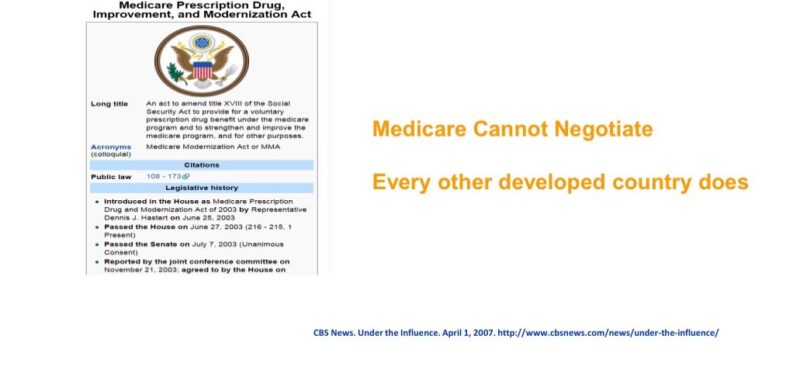
As a result, we spend billions on common drugs that other countries spend a fraction of the price on.
Some drugs we pay 10 or 100 times more!!
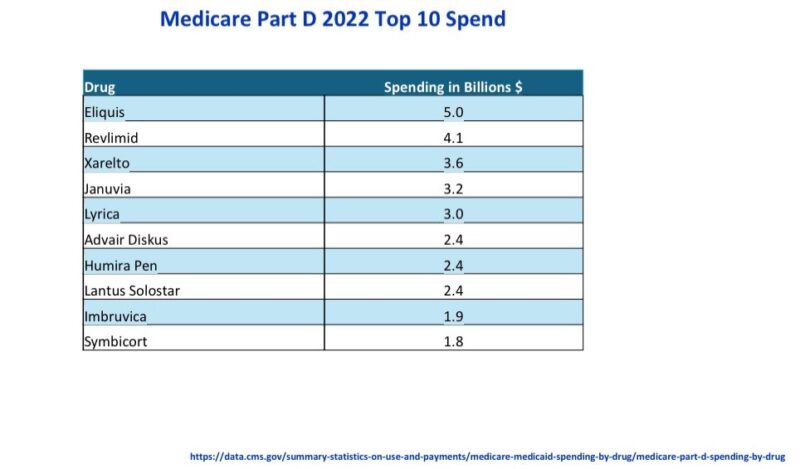
2) Generic and biosimilar entry, adoption, and utilization is slower in the US, and there are many barriers.
Timely and adequate free market competition is critically important for lowering price.
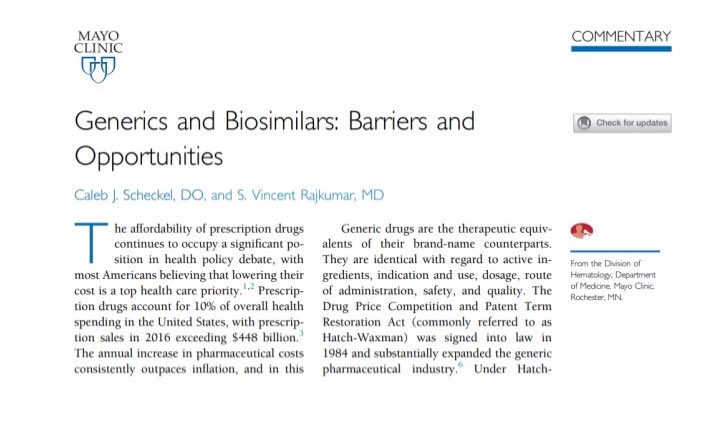
3) Between the Pharma company and the patient there are a whole set of intermediaries who all benefit more if the drug price is higher.
Everyone in our system benefits from a higher price except the patient.
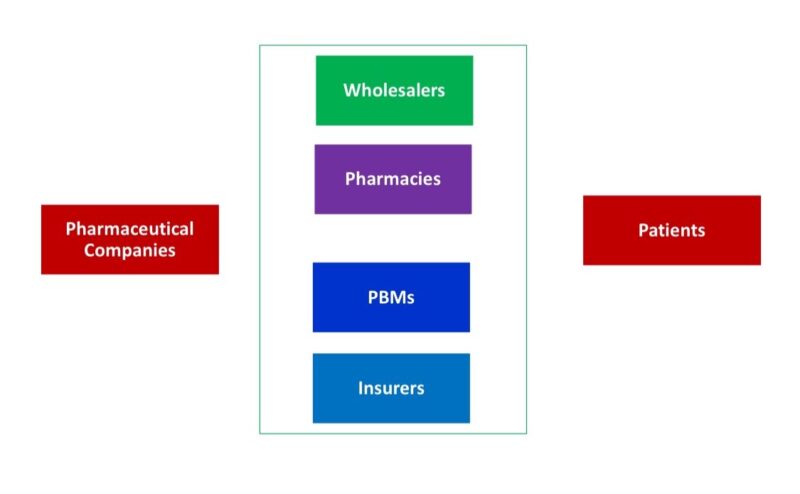
4) Vertical Integration of the players in the system, where the same entity owns the insurer, retail pharmacy, mail order pharmacy, specialty pharmacy, PBM, and more results in higher costs, reduced completion, closure of small pharmacies, prior auth woes, formulary restrictions.
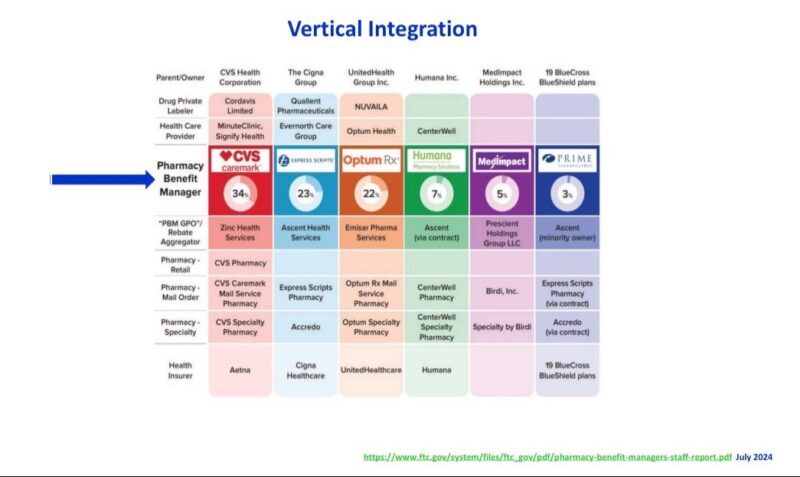
5) The time and cost of drug development and entry of a new drug into the US market is very expensive and the costs keep going up.
Perfection has a price.
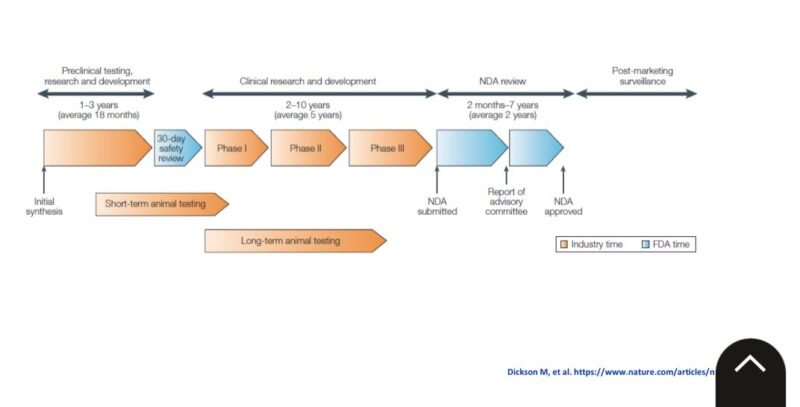
6) By a variety of methods, Pharma has perfected the art of prolonging patent life in the US thus preventing entry of market competition; prolonging monopoly.
Even insulin products got decades of patent life after market entry (blue bars)
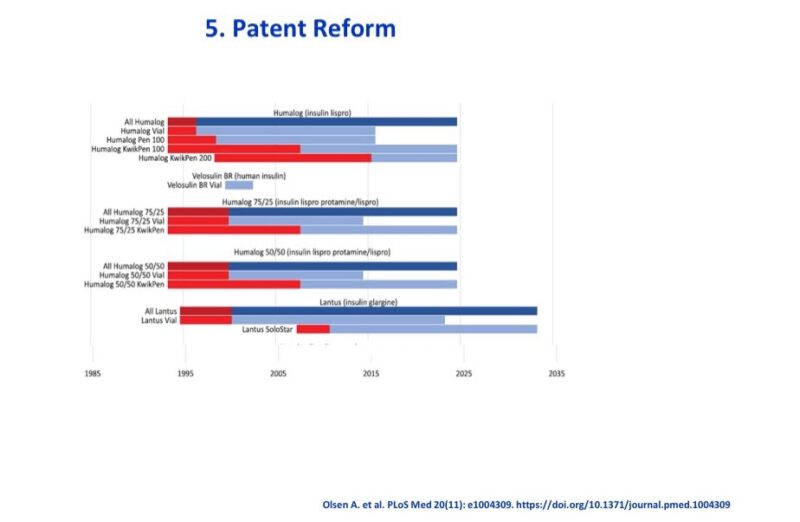
7) The amount of lobbying money spent by Pharma and other players in the system ensures that nothing major changes.

SO:
What can we do at a policy level.
1) Medicare should be able to negotiate a value based price at launch as in other developed countries
Medicare can now negotiate drug prices for a few drugs after they have been on the market for a while. Medicare Price negotiation works
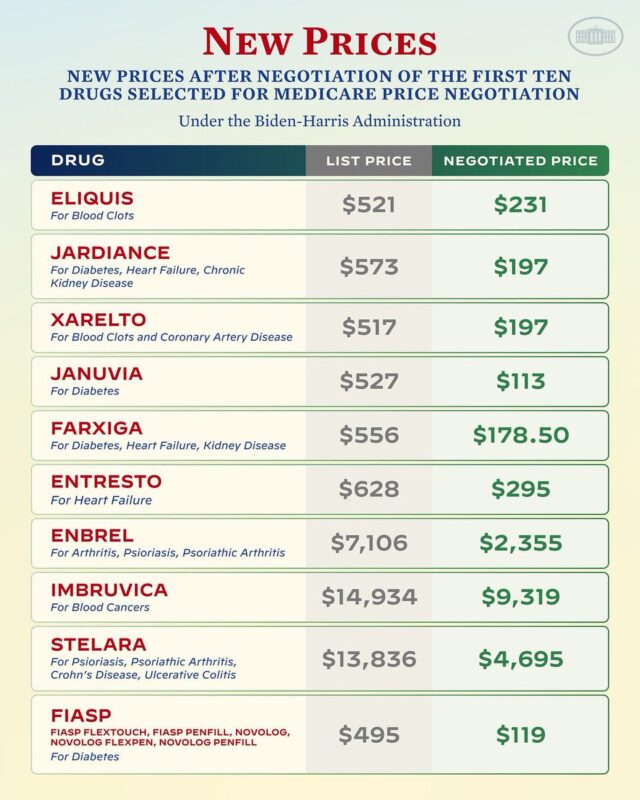
2) Patent reform
3) PBM reform
4) Regulatory reform to enable easier entry and adoption of generics and biosimilars.
5) Reduce cost of drug development.
Daunting.
But there is hope! A lot has happened in 5 years. See below.
We have made progress:
1) Medicare can negotiate prices for the first time ever. Each year they can few more drugs to the list they can negotiate prices on.
Over time they will have a big and growing portfolio of part D and B drugs that they can negotiate for lower prices.
2) Medicare can now cap price increases to no more than inflation.
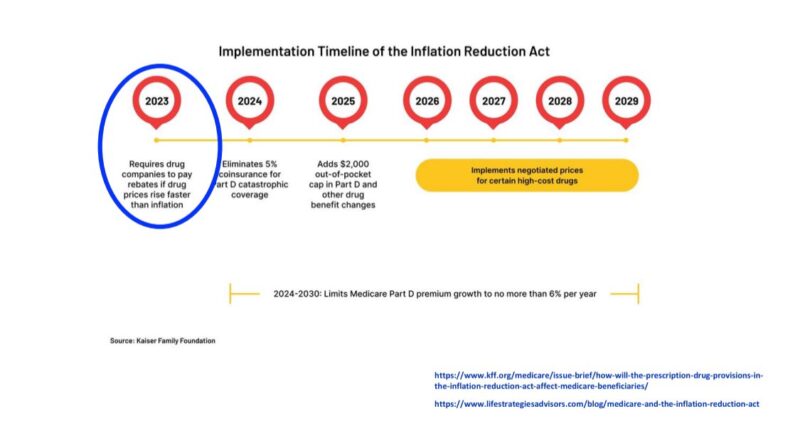
3) Starting next year, Medicare Part D copays are capped to no more than $2000 per year for all drugs combined bringing huge relief to many seniors particularly those taking highly expensive oncology medications.
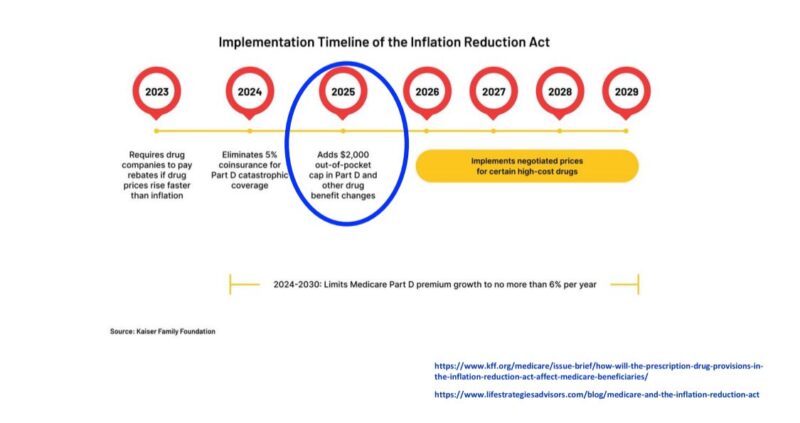
4) Arrival of Mark Cuban Cost Plus Drug Company with a completely new business model of fair pricing which provides >2000 generic drugs at some of the lowest prices anywhere.
Paradigm changing model.
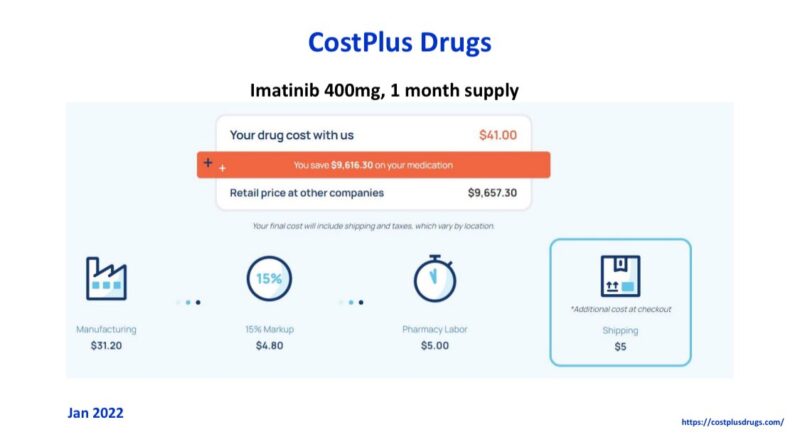
5) Arrival of non profit generic manufacturers like Civica Rx
Mark Cuban Cost Plus Drug Company is also planning to start manufacturing generics to be sold at fair price.
Also helps with drug shortages.
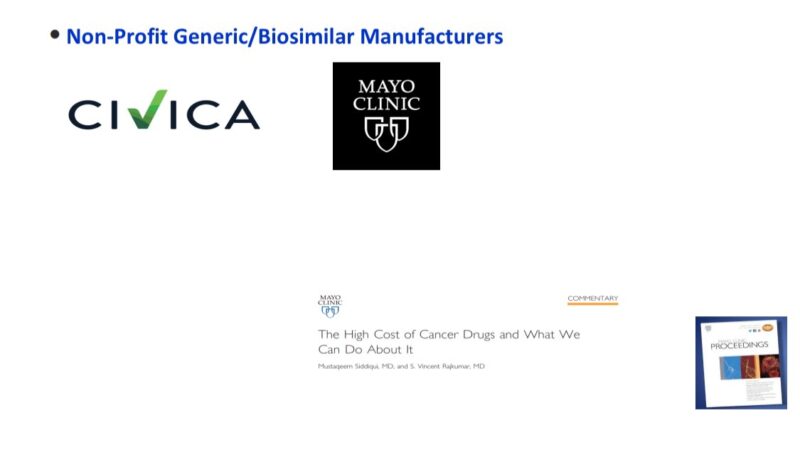
I have some asks for US experts and professional organizations.
1) Be careful when formulating guidelines and endorsements. When two equivalent drugs vary a lot in price do not say either one is OK. Support the lower priced one.
Kudos to Hagop Kantarjian for leading the way.
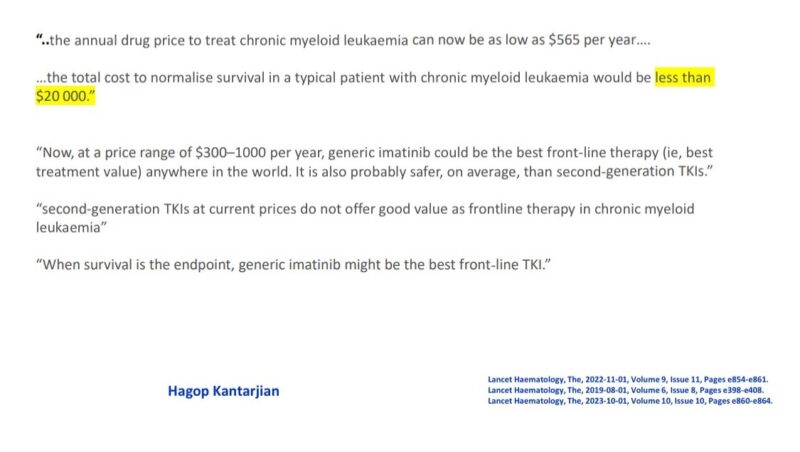
2) Conduct strategic trials. Like time limited therapy. Lower doses. Etc.
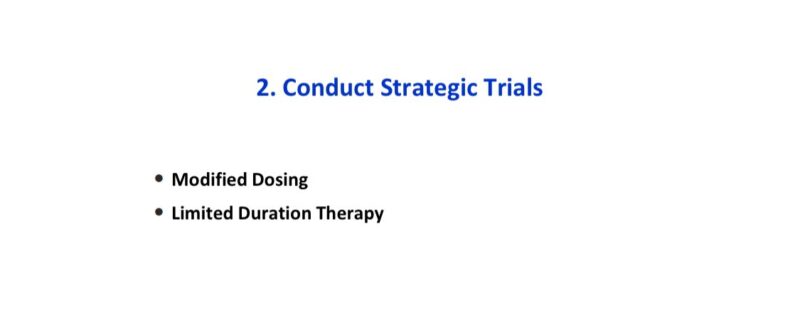
3) Advocate for lower prescription drug costs putting your power and influence behind real policy changes that help lower prices to society not just the easy ones that reduce symptoms but don’t go after the root cause.
Happy that Patients For Affordable Drugs is leading way.
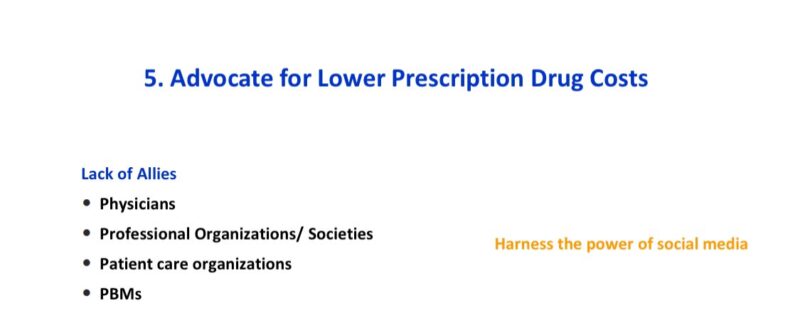
What can clinicians can do?
Ask patients about affordability. Prefer and prescribe cost effective options when options are equivalent.
Check online resources. Like Mark Cuban Cost Plus Drug Company, GoodRx
Be aware that drug prices can vary a lot depending on where you send the prescription.
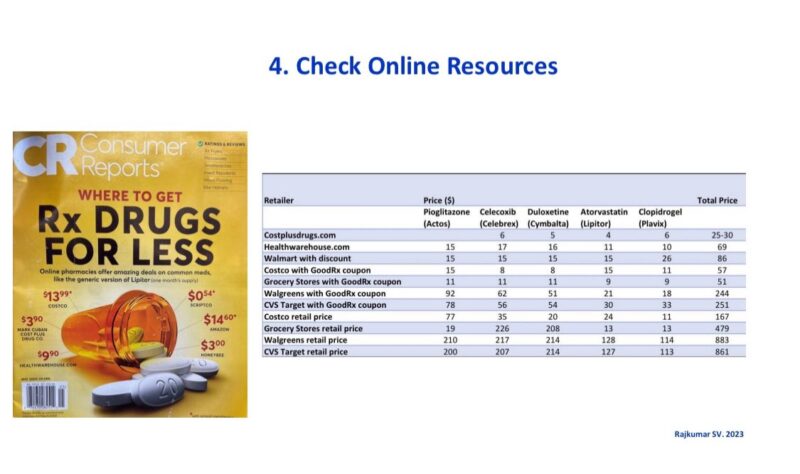
For more on this topic.
We have made major progress on insulin prices since I wrote this article.
So I have hope that things will improve if we advocate for change.”
Source: Vincent Rajkumar/X
Vincent Rajkumar is a Professor of Medicine at the Mayo Clinic in Rochester, Minnesota, and Chair for the Mayo Clinic Myeloma, Amyloidosis, and Dysproteinemia Group. He also chairs the Board of directors of The International Myeloma Foundation and the Eastern Cooperative Oncology Group (ECOG) Myeloma Committee.
His extensive contributions include over 230 peer-reviewed publications, predominantly focusing on multiple myeloma and related plasma cell disorders. Furthermore, Dr. Rajkumar is a Section Editor for multiple myeloma and related disorders for Leukemia and an Associate Editor for the Mayo Clinic Proceedings.


